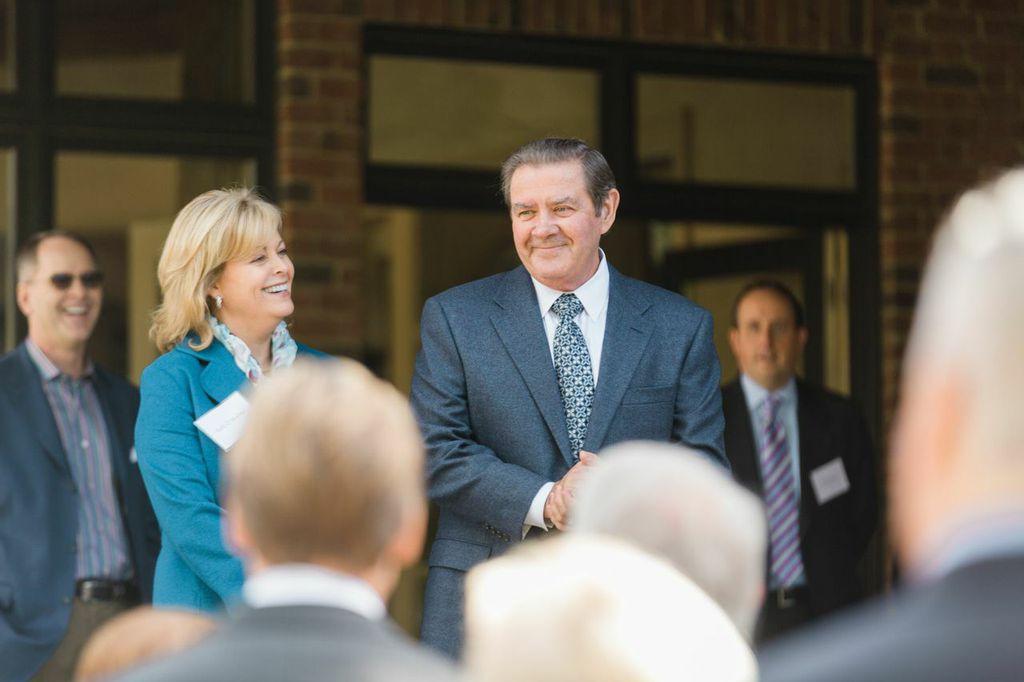Terry Giles is a serial success story. He built one of the top criminal-law firms in the state of California early in his career, owned 35 businesses from cars to computers to a castle-turned-hotel, and went back to law in the civil realm with great success as well.
But this is all despite incredible adversity, and throughout his career, Giles met many high achievers who similarly overcame huge obstacles to be at the top of their field.






